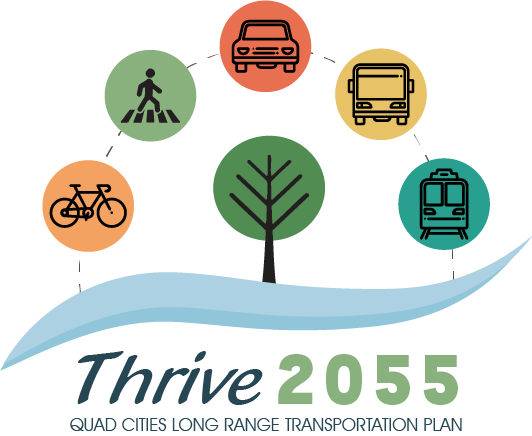Nearly 50 years ago, the 1964 Civil Rights Act was enacted. There continues to be an on-going need for awareness and implementation of this and new regulations related to civil rights. Gena McCullough, Planning Director, reviewed the Bi-State Title VI Program and Non-Discrimination Policy provided to the Commissioners.
The document is a consolidation of the various parts of the agency’s policies and procedures formalized collectively into one format.
Title VI states “No person in the United States shall, on the
ground of race, color or national origin, be excluded from
participation in, be denied the benefits of, or be subjected to
discrimination under any program or activity receiving Federal
financial assistance.” Additional non-discrimination requirements
include Executive Orders (EO) to address environmental justice in
minority and low-income populations (EO 12898), to improve access to services for persons with limited English proficiency (EO 13166) and to ensure consistent and effective implementation of Title VI (EO 12250) administered through the Department of Justice. There are other statutes that address protected classes related to age, sex, marital status, disability, etc.
The document identifies the Executive Director as the Title VI Coordinator, outlines roles and responsibilities and related documents, such as the public involvement process, language assistance, and handling of complaints. The Bi-State Regional Commission Title VI Program and Non-Discrimination Policy applies to agencywide programs and planning. It provides the framework for open and inclusive planning processes, outreach to low-income and minority populations, eliminating barriers to participation, providing broad representation on planning and advisory bodies where possible, knowing the socio-economic makeup of the Bi-State Region to address, and being proactive in agency programs and planning. Commissioners approved the policy for submission to the respective federal agencies.


